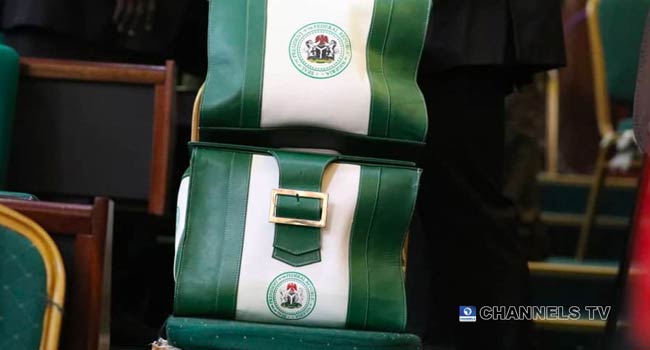Orji Uzor Kalu, senate chief whip, says the Igbo had no say as to whether they wanted to be part of Nigeria or not during the country’s amalgamation.
In his newly released autobiography, ‘My Life’, the former governor of Abia state traced the “plight of the Igbo” to the early 19th century when the British first explored the Lower Niger.
His argument adds another twist to the debate about Nigeria’s formation which was formalised after Lord Lugard signed a document merging the northern and southern protectorate as one in 1914.
It is believed the major reason for such move was to “reduce the administrative burden on the British” but with Nigeria’s many diversities, some have described the amalgamation as a “mistake.”
In the autobiography, a copy of which was made available to TheCable, Kalu spoke of how the Igbo were able to overcome the situation at the time and have emerged successful in various fields.
“In January 1914, Lord Fredrick Lugard completed the amalgamation of the northern and southern protectorates into Colonial Nigeria and became its first Governor-General,” he wrote.
“The Igbos did not have a say as to whether they desired to be a part of such a contraption or not. However, the clouds lifted so briefly and the Igbo enjoyed brief sunshine in Nigeria in the decade before and a few years after independence.
“Having embraced Christianity and western education with enthusiasm, they quickly rose to hold sway in the federal civil service, military, academia, commerce and industry.
“The ‘Jews’ of West Africa were on the march, toiling, sweating and swinging upwards, to the envy and hatred of their compatriots.”
‘I CHOSE HONOUR FOR THE IGBO OVER MONEY UNDER OBASANJO’
The senator added that during his time as governor, he chose honour for the Igbo over aligning with former President Olusegun Obasanjo who he said “controlled all the money.”
He said this was because his interest in politics is different from “what other Igbo leaders or the average Nigerian political leader wants.”
“I am not in politics because I want to make money from it. If that was the case, I would have remained with President (Olusegun) Obasanjo throughout our time in office because he controlled all the money,” he said.
“But I needed honour for my people. He refused to honour and respect my people; he failed to give them a sense of belonging. He carried on as if he was still at war with the Igbo nation, hence we disagreed.”
Kalu further said Obasanjo’s lack of democratic character put “a great strain” on te country’s unity.
“Democracy, according to him, is not just about being able to vote at elections is also the “orientation of oneness of a leader for people to advance culturally and in value.”





